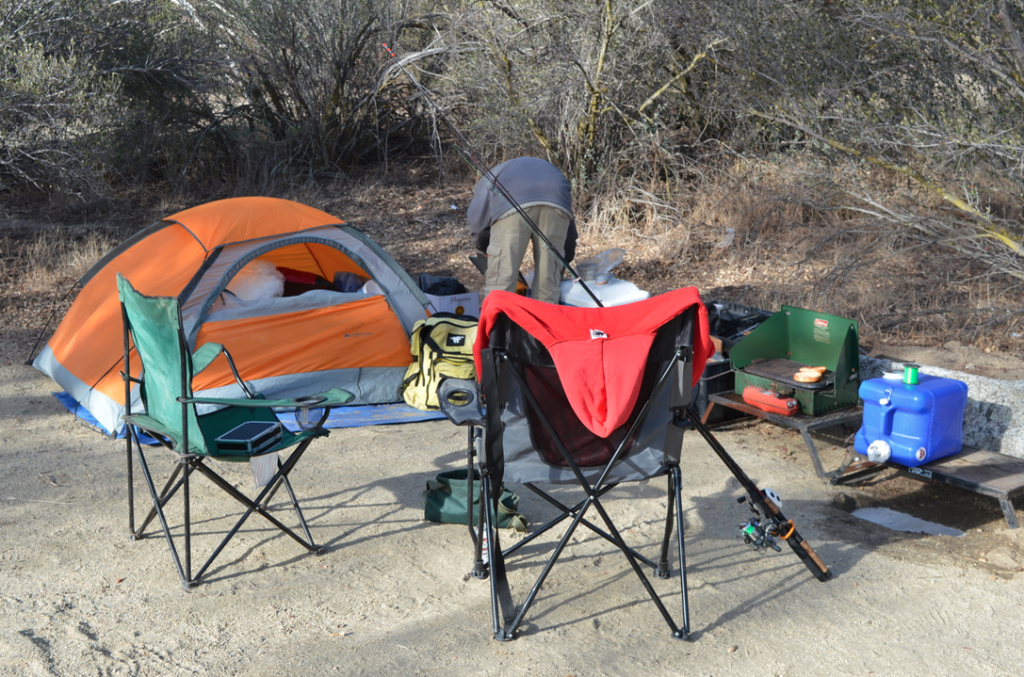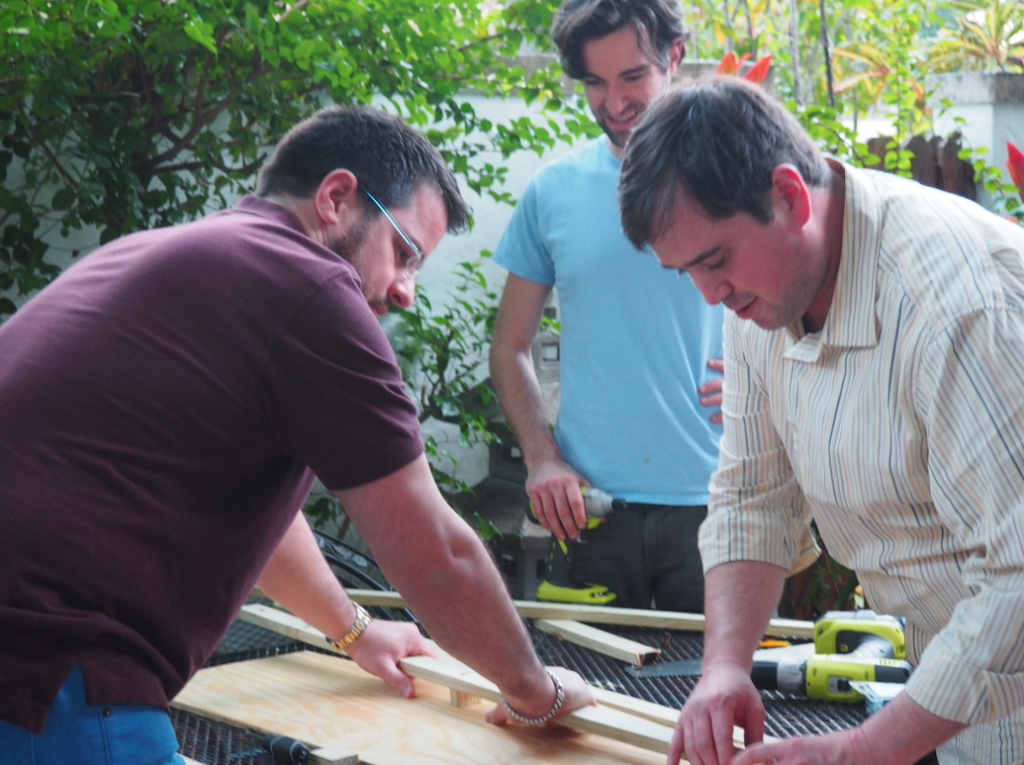I want to start with a question. Please be honest in your response.
Have you ever had the feeling that the ethnographic interview you just conducted is more interview than ethnography?
If your answer was a ‘yes, maybe or sometimes’, isn’t it time to explore why this is the case?
A key trope of anthropology is the fieldworker stepping off the boat to start long-term fieldwork. The mode of enquiry such long-term engagement involves is about more than interviewing. At the heart of the discipline is the belief that ‘being there’ exposes the fieldworker to an embodied experience of the social world . ‘Being there’ is no less important to the EPIC community. It is a unique signifier of our research practice and perspectives.
Each year the EPIC conference reminds us that we cannot reduce our activity to a set of methods. Our work is also about how we frame research and think through data.
Yet I have the feeling that we are in need of some methodological revitalization. Each year we learn about using smartphones in the field. Someone gives ‘cultural probes’ their annual showcasing. Our methodologies become ever more sophisticated. The potential to use technology to support fieldwork becomes increasingly appealing. But the body – that most simple and obvious, but powerful of technologies – is often missing from these discussions.
Burying the Body
It feels like we buried that most vital piece of fieldwork kit – our bodies. And with that burial we lost the powerful perspectives our, and our informants, bodies afford us.
Marcel Mauss brought the body to our attention. He reflected on the different marching styles of French and English armies. He wondered at the infection of the gait of French nurses by the actresses they had seen in American films. Mauss gave us the idea of habitus: “techniques and work of collective and individual practical reason” located in the body.
Habitus is aspects of culture anchored or located in the body or daily practices. For Bourdieu, who has done most to popularise the idea, habitus is the bodily skills, styles, tastes and knowledge that ‘go without saying’. Habitus operates beyond the level of rational ideology.
That which ‘goes without saying’ is difficult to excavate through interviews. But what methods, to return to my initial challenge, lies at the heart of our research? My suspicion is that interviews, semi-structured conversations and the like are the core of our research methods.
Our approaches depend on asking people to explain how they see the world through words. We rely on propositional knowledge carried by language and located in people’s minds. We bury the body and so ignore habitus.
Our disembodied research prevents us creating vibrant, technicolour accounts of society. It does this in two ways:
First, we constitute our informants as rational, decision-making, utility seekers with a stock of cultural symbols and representations buried within their minds. We attempt to prise this out through questions. Whatever our methods – interviews, diaries or probes – the physicality and practicality of everyday life gets lost.
By relying on words to convey intention, values and meanings, we overlook the potential of habitus and practical knowledge to reveal meaning and experience. We also ignore, as Franz Boas pointed out, that the meanings people give to rites, practices, myths etc. are much less stable in space and time than the structures of the corresponding practices.
Second, we pass over the opportunity to experience these phenomena ourselves. Instead we rely on people’s accounts and descriptions of them. In so doing we ignore the fact that much that interests us resides in bodies and practical action. Bodies and people doing things reveal social structure, class distinction, social capital and much else besides.
So there’s a double distancing that takes place. First, we rely on people to use words to describe things that ‘go without saying’. Second, we deny ourselves the opportunity to experience the phenomena that we seek to understand.
When we ignore the body we end up with impoverished accounts of the world. It it time to get carnal.
Resurrecting the body
“Once we acknowledge that cognition is a situated activity growing out of a tangled dance of body, mind, activity and world, we can begin to retrieve the tacit knowledge enfolded in cultural and social practices, and thereby enrich our descriptions and deepen our explanations of them”
– Wacquant
Our experience and understanding of the world is multi-sensory and embodied. People ‘know’ more than they can explain through words. So we need to move beyond words and bring the body back into our theory and methods.
At Stripe Partners, our own response to this challenge has been to put heads, hearts and hands into every research challenge we face. We haven’t dispensed with interviews and interview guides but we are trying to move beyond words as the foundation of our understanding of social worlds.
This means diving in and rolling up our sleeves. It means participating in or subjecting ourselves to the social worlds under examination. We have been exploring ’embodiment exercises’ to give us multi-sensory experience of phenomena.
For example, we wanted to understand what privacy and discretion mean to men with erectile dysfunction. So we have forced ourselves (and our clients) into shops that made them uncomfortable. We purchased products that, like the shops that stocked them, made us crave discretion. We felt our pulses rush and faces blush. We came to understand what a private and discrete service might mean to these men.
We didn’t rely just on these sensate, embodied experiences. Interviews certainly informed our understanding and appreciation of the issues. But by embodying critical aspects of human experience, by becoming vulnerable observers who knew something through their bodies, we moved beyond words. Even more than that, our exposure to these experiences enhanced our interviews by giving us shared access to the meanings of these words and ideas.
There is a temptation to fill our fieldwork kit bags with technology. How much of that technology really brings us closer to people’s lived experiences? It is easy to forget that the body is the ‘first and most natural technical object’ (Mauss). The body is how we experience the world. The world is inscribed on the body.
So our proposal is: let’s resurrect the body. Use it by engaging your heads, hearts and hands.
Stripe Partners is an EPIC2015 Sponsor.
Readings
Boas, Franz. (1962) Anthropology and Modern Life. New York: Dover Publications.
Mauss, M. (1973) Techniques of the Body. Economy and Society 2: 1, 70–88.
Wacquant, L. (2015). For a Sociology of Flesh and Blood. Qualitative Sociology, 38 (1),1–11.




0 Comments